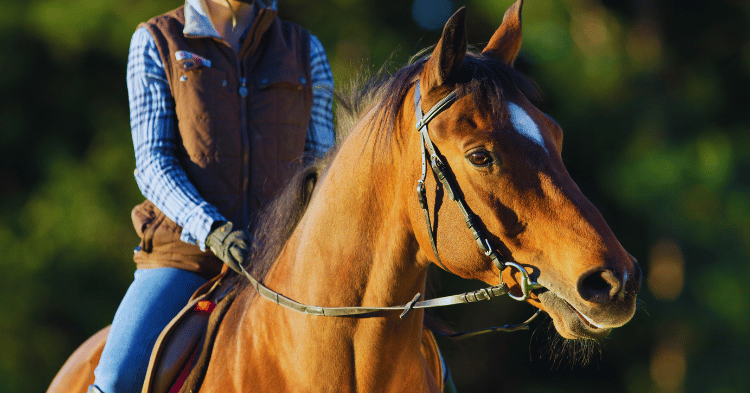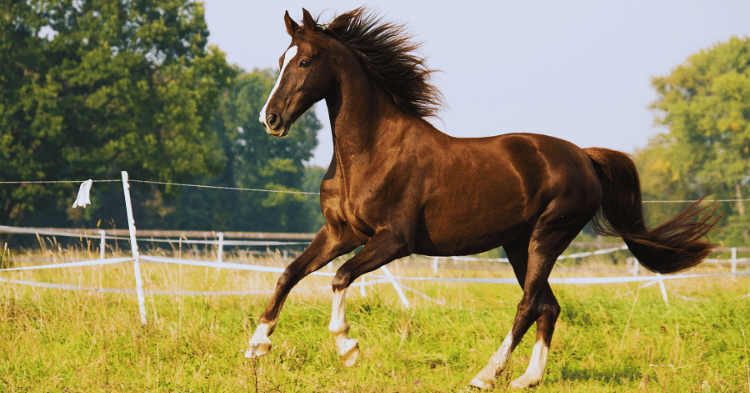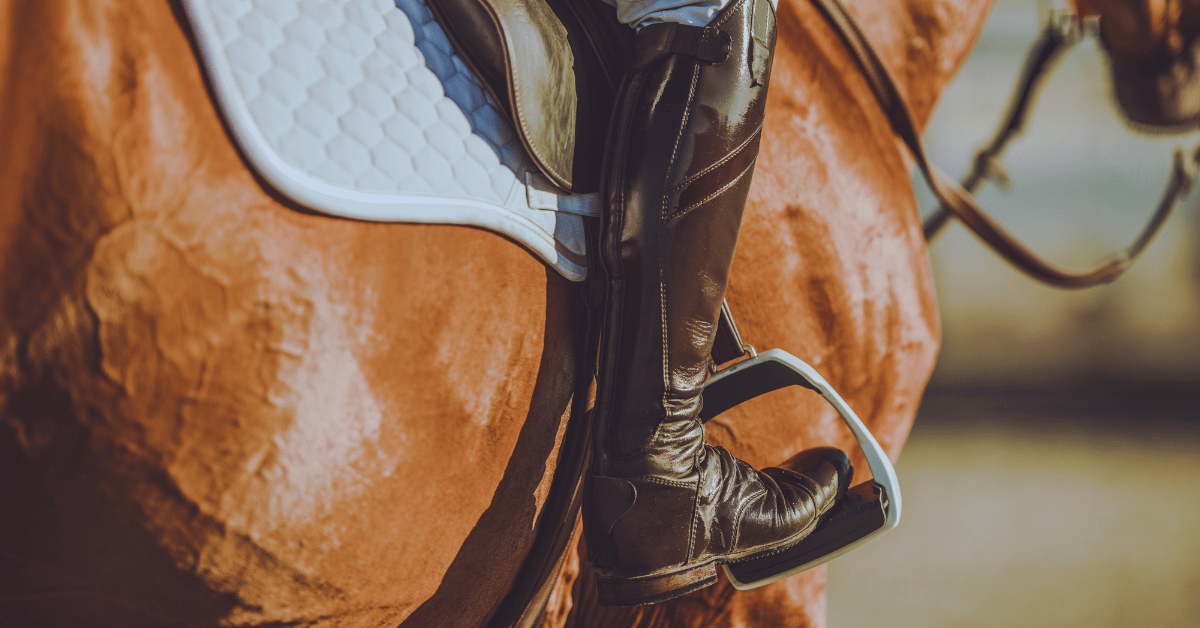Pregnancy often brings a wave of questions, especially when it comes to staying active. If you’re an avid equestrian, one pressing question might be, can you horse ride while pregnant? Horseback riding is exhilarating, offering a sense of freedom and connection with nature, but pregnancy introduces new physical and safety considerations. While some women continue to ride during pregnancy, others worry about the risks, from potential falls to the impact on their growing baby.
The thought of giving up your passion during this transformative time can feel disheartening. After all, horses are more than a hobby—they’re a lifestyle. But there’s good news: with the right precautions, expert advice, and open communication with your healthcare provider, you can make informed decisions about riding during pregnancy. This guide dives into the facts, helping you balance your love for horseback riding with the safety of you and your baby.
Riding Horses During Pregnancy

Risks and Considerations
Riding horses during pregnancy comes with significant risks. It’s generally not recommended due to the high risk of falling or experiencing abdominal trauma, which can harm both the mother and the baby. Hormonal changes during pregnancy can loosen ligaments, making it more challenging to ride and increasing the risk of injury.
| Risk | Description |
|---|---|
| Falling | High risk of being thrown off the horse, leading to potential injuries. |
| Hormonal Changes | Pregnancy hormones loosen ligaments, affecting stability and riding ability. |
| Abdominal Trauma | Trauma can increase the risk of miscarriage, especially early in pregnancy when the uterus is protected within the pelvis. |
Riding horses can also affect riders differently depending on the stage of pregnancy. The first 12 weeks are particularly critical, as the uterus is still protected within the pelvis, reducing direct trauma to the fetus.
Professional Perspectives
Professionals emphasize that the decision to ride while pregnant should be made after thorough discussion with an obstetrician. If there are other existing medical conditions or a history of previous miscarriages, specialist advice must be sought. Pregnant riders should be cautious as the body undergoes changes such as the softening of joints and alterations in the center of gravity, which can affect comfort and stability in the saddle.
| Professional Advice | Recommendation |
|---|---|
| Consultation | Discussing riding plans with an obstetrician. |
| Precautions | Considering lower-impact activities as pregnancy progresses. |
| Specialist Advice | Seeking specialist consultation for any pre-existing medical conditions or history of miscarriages. |
For more information on equestrian-related topics, visit our articles on do horses lay down and can horse sleep standing up.
Personal Experiences

Rachel’s Story
Rachel shared her experience of riding horses while pregnant on The Narrow Trail. Her narrative underscores that the decision to continue riding during pregnancy is highly personal and influenced by numerous factors, such as the rider’s skill level, the horse’s behavior, and individual circumstances. Rachel, an experienced rider, felt confident in her ability to maintain control and opted to continue her routine. She stressed that each woman must evaluate her own situation and consult with healthcare professionals before making a decision.
Sarah’s Story
Sarah’s story sheds light on the physical and psychological benefits of exercising during pregnancy. According to the FEI, pregnant women who maintain an exercise routine can experience reduced fatigue, varicose veins, and fluid retention. Additionally, they suffer less from sleep disturbances, stress, anxiety, and depression. Sarah, an avid horse rider, found that continuing her equestrian activities contributed positively to her overall well-being. However, she also emphasized the importance of selecting activities that minimize the risk of balance loss and fetal trauma.
Camille’s Story
Camille’s perspective highlights the importance of personal evaluation when deciding whether to work with horses during pregnancy. For Camille, interacting with horses was not merely a hobby but a lifestyle and career. She discussed the necessity of assessing personal risks and making informed decisions based on one’s unique situation. Camille decided to adjust her usual routines to ensure both her safety and the safety of her unborn child.
These personal experiences offer diverse viewpoints on the topic of can you horse ride while pregnant, underscoring that each individual’s circumstances and choices will differ. For more information on horse-related topics, you might find our articles on can horse see in the dark and can horses throw up interesting.
Safety Precautions
Ensuring safety while riding horses during pregnancy is essential. Here, we discuss practical precautions to make this activity safer:
Wardrobe Adjustments
Adjusting clothing is crucial for pregnant riders to maintain comfort and safety. Opt for maternity jeans with a stretchy band, which provide support and flexibility, or choose long flowy dresses that allow for mobility without restriction. Selecting appropriate attire helps accommodate the growing belly while enabling safe riding practices.
| Wardrobe Item | Description | Benefits |
|---|---|---|
| Maternity Jeans | Stretchy Band | Support and comfort |
| Long Flowy Dresses | Allows Mobility | Unrestricted movement |
Exploring these wardrobe adjustments ensures a comfortable and safer riding experience. For more advice on pregnancy-related modifications, see our guide on do horses like to be ridden.
Listening to Your Body
Listening to one’s body is fundamental for expectant mothers engaging in horseback riding. It’s vital to pay attention to any discomfort or warning signs and report them to a healthcare provider. Self-awareness and emotional presence with the horse are essential for making informed decisions about riding or working with horses.
Key principles include:
- Common sense and self-awareness: Recognize your body’s limits and avoid pushing beyond them.
- Emotional presence with the horse: Maintain a calm and focused mind to understand both your needs and those of your horse.
- Consult a healthcare provider: Regularly seek advice to ensure safety for both mother and baby.
For expectant mothers who prefer to minimize risks further, exploring alternative activities is also an option.
For additional insights on maintaining safety around horses during pregnancy, visit our articles on does a horse need a companion and do horse tails grow back.

